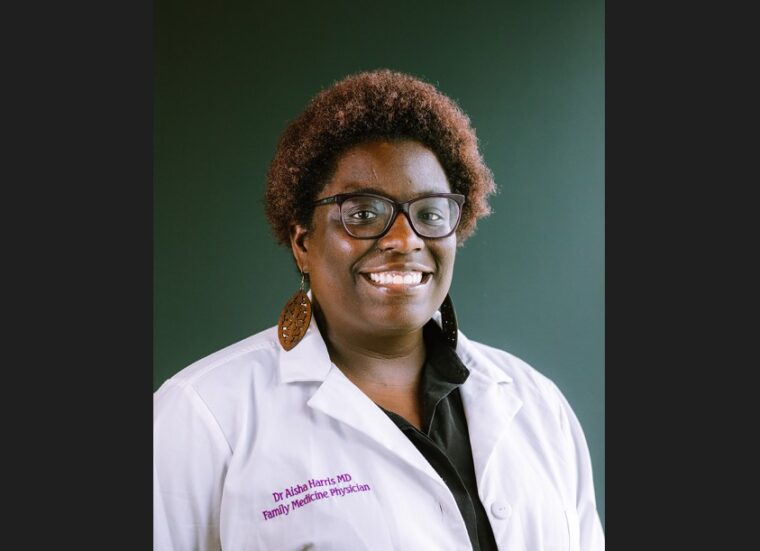Get ready, get ready. More cold temperatures are coming.
Written by Dr Aisha Harris
It’s chilly outside, and it is only going to get colder. How fun. But the fall and winter seasons are
nothing new in Michigan. As we prepare for the colder months there are tips to consider to
stay healthy and keep your community healthy.
Every season brings its own challenges, and staying prepared and aware will help decrease the chance of bad things happening and also help you have a healthier season. Here are five tips to stay healthy in the cold temperature
seasons.
- Stay hydrated – This is true in the fall, winter, spring, and summer. Drinking water is
important always! Drinking water is not only good for your general health because your
body is made mostly of water, but it is also good for your immune system. The stronger
your immune system, the better your body will be at fighting off infections or other illnesses.
Even without the high heat temperatures of the summertime, your body can still get
dehydrated if you are not hydrating and drinking enough water. Dehydration can impact
your immune system, energy level and ability to think clearly. - Manage vitamin D levels – Vitamin D deficiencies are nothing new for many Michigan
residents, especially African Americans or those with higher levels of melanin in their skin.
Vitamin D plays an essential role in our bone health, energy level, immune system-and
more. When fall and winter come in Michigan, we tend to have significantly less sun than in
the spring and summer. Vitamin D supplements can be helpful for those with a history of
vitamin D deficiency.
Those with darker skin because of melanin have a harder time absorbing vitamin
D from the sun and the environment. So, in the fall and winter when the sun hides more in
the clouds there is an increased chance of vitamin D deficiency for everyone, but especially
African Americans with more melanin in their skin.
- Get vaccinated – The cold temperatures from the fall and winter help create a more ideal
environment for viruses to grow in and spread in. Flu and COVID vaccines are available at
many pharmacies, urgent care centers and medical offices. These vaccines can help decrease the
risk of getting an infection and decrease the severity of complications, or even chance of
death.
Both the flu and COVID vaccines are recommended and can be administered at the
same time. As COVID becomes a long-term infection like the flu, we will continue to
recommend the COVID vaccine to boost the immune system and prevention against COVID
infections.
- Stay home when sick – Being sick with a cold or flu can be draining and can have a
variety of symptoms. Even before the pandemic, it was recommended that sick people not
be around people who aren’t sick because of concern for spreading germs and infection.
This recommendation was enhanced and emphasized during the pandemic, and now that we are
out of the pandemic, it still stands true.
Those who are sick should be resting and recovering at home and ideally not at work, school or other places exposing others.
- Check your carbon monoxide monitor – During seasons when the temperature drops
and it gets chilly outside, our natural instinct is to turn on the heat in our home. Carbon
monoxide poisoning rates increase in the fall and winter because of the increased use of
the furnace and gas heating system, If there is an error or breakage in the heating system,
there is increased risk of carbon monoxide poisoning.
Carbon monoxide is a poisonous and odorless gas that can potentially kill you after prolonged exposure. The most common symptoms of carbon monoxide poisoning are headache, dizziness, weakness, upset stomach, vomiting, chest pain and confusion.
Check your carbon monoxide monitor or get one if you do not have one. These monitors can help alert you when there is a carbon monoxide detection so you can get out of your home and call someone to help fix your problem.
The temperature will continue to drop outside but our health does not have to fall with the
temperatures. Take the proper steps to protect yourself and others while also building a strong
immune system.
Dr. Aisha Harris, MD is a Flint native and board-certified family medicine doctor at
Harris Family Health in Flint, Michigan. Harris Family Health is a membership-based clinic that
provides personalized and full primary care to adults and children. Learn more about Harris
Family Health by visiting www.harrisfamilyhealth.com.
Feel free to submit health questions to Dr. Harris via theflintcouriernews@gmail.com.


